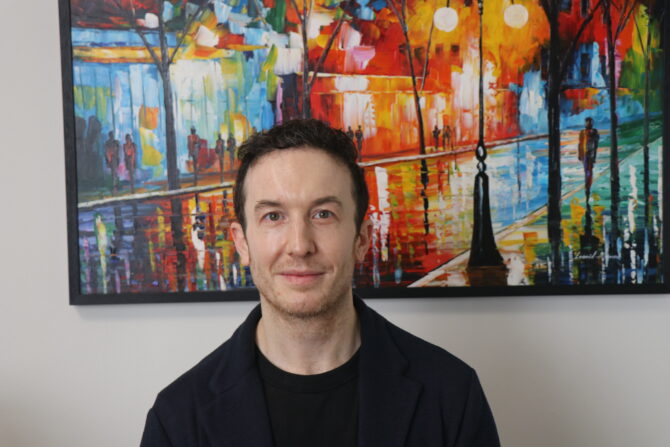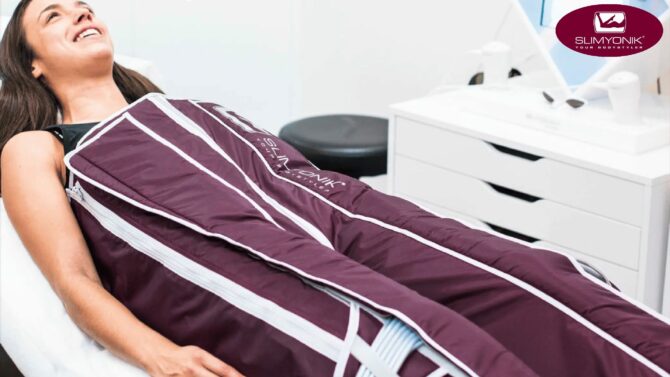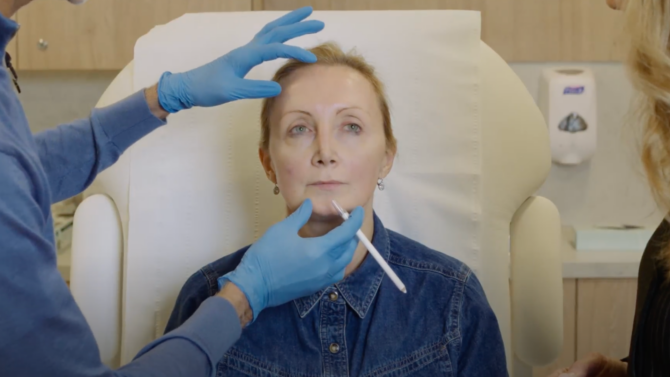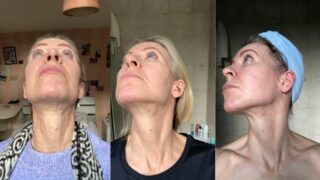You know I’m always going on about the need for proper regulation of the UK aesthetics industry. And you may have heard an update about this on the news last weekend. On Saturday, the government published a consultation paper on a proposed new licensing scheme for cosmetic practitioners. So what does this mean, why are industry experts hailing this as a ‘once in a generation’ chance to reform medical aesthetics in the UK, and how can you have your say in all of this?
It’s a big step forwards
Under the current proposals, unlicensed practitioners will be banned from giving cosmetic injectable treatments. Right now, as you probably know if you follow me, anyone (yes, anyone, you or me or the postman) can take a short training course and set themselves up in practice to inject whoever they like. Yes, it’s a shocking state of affairs, particularly given the increasing popularity of tweakments.
It’s good news for patient safety
The more the popularity of tweakments rises, the more treatments are offered, the more under-trained, unskilled injectors are operating, the more the number of complications – of botched procedures’ is continuing to rise. The most recent annual clinical review from BCAM – the British College of Aesthetic Medicine – noted that 82% of their members had treated patients for complications caused by other practitioners. While all practitioners tell me that they all may get complications, however highly trained they are, the vast majority of problematic complications are caused by the injectors with minimal training and little understanding of anatomy.
What will the new law mean for the tweakments industry?
Subject to this consultation, the aim is that by 2026 it will become a criminal offence to operate or provide non-surgical cosmetic treatments without the possession of (a) a licence to practice and (b) a separate licence for the premises through which the practitioner operates. Unlicensed cowboy practitioners will be operating illegally. ‘All this will mean that if a practitioner is found to be not meeting the standards, they can be prosecuted in law,’ says Professor David Sines, chair of the Joint Council for Cosmetic Practitioners (JCCP) who has been working towards better regulation of aesthetic medicine for nearly a decade.
Who will be able to get a licence?
Medically trained practitioners already operating to high standards will be a shoo-in. Non-medical practitioners already operating will need to demonstrate the levels of skill, competence and safe practice required by the licence – and then will be allowed to practice, under the supervision of a medically trained professional (I can see that requirement quickly being stretched to breaking point, can’t you?)
Why is it taking so long?
There’s a lot to do. After this initial consultation, the government will consider the feedback. If it decides to proceed, it needs to be established which procedures are within the scope of the licence. Then, there needs to be agreement on the training standards that practitioners must meet in order to qualify for a licence.
How will the scheme be put into place?
This will come down to local authorities.
How can I give my views on this?
Click the link to the consultation here – it’s an open consultation so everyone can have their say. It’s open for the next seven weeks.
Will the new licensing scheme raise standards of practice across the UK medical aesthetic industry?
Let’s hope so!
Related Stories

Tweakments
An Aesthetic Doctor’s First-Hand Experience Of Having A Hair Transplant
If you are worried about thinning hair or a receding hairline, you are far from alone. Losing your hair is a...

Body contouring
Would You Try This Inflatable Suit To Tone Your Body?
We’ve always been told that lying back and relaxing won’t do a thing to transform our bodies...

Concerns
The Tweakment Ladder: How To Take Your First Steps In Tweaks
Given the huge number of tweakments available, it’s increasingly hard to work out where you should...

Tweakments
Less Is More – How To ‘Press Pause’ On Ageing With Natural-Looking Filler
Can we really ‘press pause on ageing’ using dermal filler? Alice visited globally-renowned...







 The Tweakments Chatbot
The Tweakments Chatbot